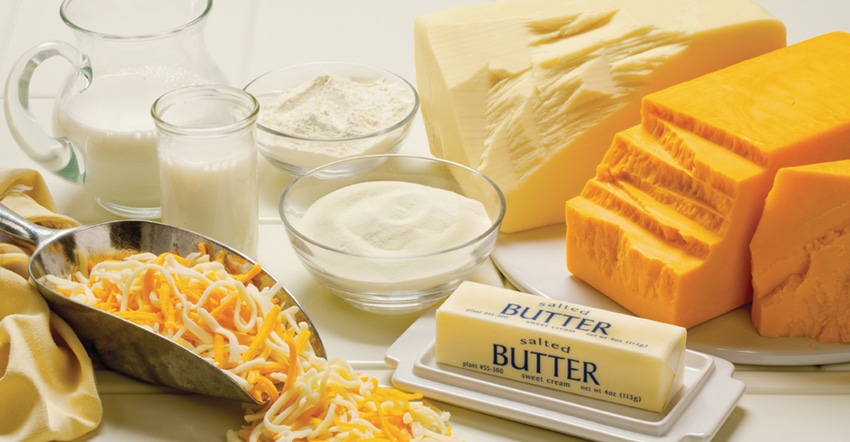Dairy industry supports comprehensive trade deal with Japan
Bipartisan letter to USTR ambassador seeks Phase Two agreement with Japan to address SPS issues and protect common cheese names.
July 9, 2020

Members of Congress representing dairy districts from across the country joined together to send a letter to U.S. Trade Representative Ambassador Robert Lighthizer and U.S. Agriculture Secretary Sonny Perdue asking them to work together to build on the successes secured in a Phase One agreement with Japan and to swiftly pursue a Phase Two agreement that addresses any remaining gaps and inequalities in market access and establishes robust commitments on non-tariff issues that can significantly affect dairy trade.
This bipartisan letter was led by Reps. Ron Kind (D., Wis.), Lloyd Smucker (R., Pa.), Josh Harder (D., Cal.) and Roger Marshall (R., Kan.). They were joined by numerous House colleagues, amounting to 51 in total, who wrote, in part: “Japan is one of the top five overseas markets for Made-in-America dairy products, and increasing demand from both Japanese food processors and consumers has created an incredible opportunity for the U.S. dairy industry. Over the coming years, domestic Japanese dairy production will be insufficient to meet demand. America’s dairy industry stands willing and ready to meet this need.”
The letter added, “Given the fact that our domestic market is a top destination for Japanese exports, Japan must ensure that the terms of trade offered to the United States are better than those offered to other less valuable markets. We wholeheartedly endorse Ambassador Lighthizer’s assessment during his testimony before the House Ways & Means Committee in June 2019: ‘You cannot treat your best customer worse than you treat people from all these other countries in Europe and all the other [Trans-Pacific Partnership] countries.’”
National Milk Producers Federation president and chief executive officer Jim Mulhern stated that America’s dairy industry is ready to meet Japan’s growing demand for wholesome dairy products. “However, in order to fully secure necessary market access, the U.S. must act swiftly to break down the remaining trade barriers that have left our producers at a disadvantage in this important dairy market,” Mulhern said.
“Congress has made their message clear: A comprehensive agreement with Japan is needed to secure additional opportunities for U.S. dairy and progress should resume on its pursuit,” Tom Vilsack, president and CEO of the U.S. Dairy Export Council (USDEC), said. “The Japanese market is too valuable to America’s dairy farmers and processors to let trade negotiations continue to idle. We appreciate this bipartisan coalition for their robust support of securing additional tariff concessions, science-based sanitary and phytosanitary [SPS] measures and enforceable commitments to protect common cheese names.”
The letter stated that the Phase Two agreement with Japan must also include effective disciplines for applying science-based SPS measures as well as enforceable commitments to protect common cheese names. “The common food name provisions in [U.S.-Mexico-Canada Agreement] set a strong precedent that affirm market access rights for a non-exhaustive list of commonly used product terms and reject the monopolization of common names as barriers to trade,” the letter added.
A 2019 USDEC study underscored the importance of implementing a strong, comprehensive trade agreement with Japan, finding that if the U.S. were given the same market access as its competitors, the U.S. could roughly double its share of the Japanese dairy market.
You May Also Like



